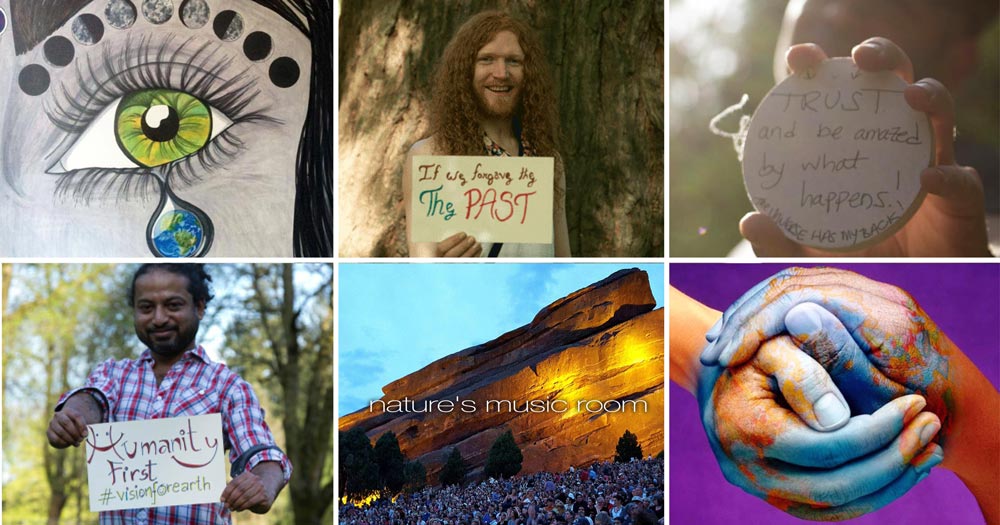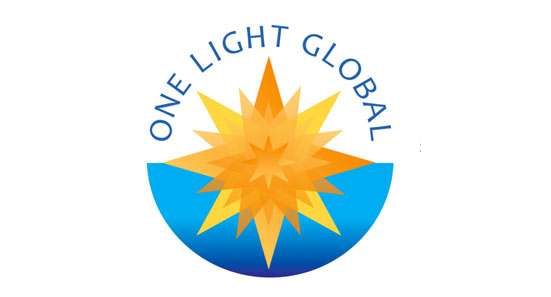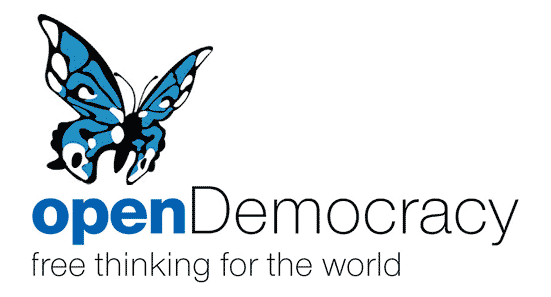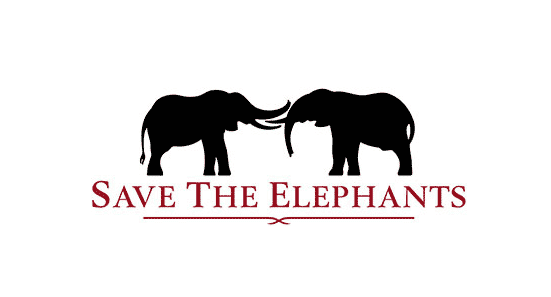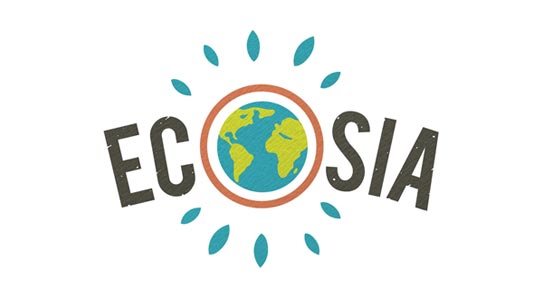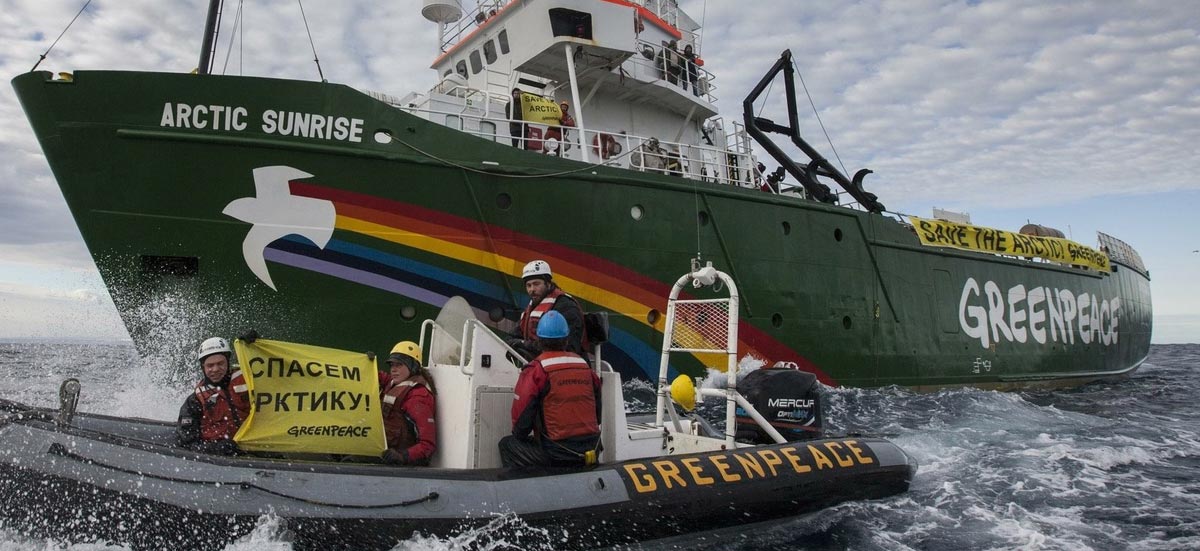
 Faced with the choice of deadly, dirty, dangerous energy like coal, oil and nuclear power, or safe, clean and renewable power, what would you decide?
Renewable energy, smartly used, can and will meet our demands. No oil spills, no climate change, no radiation danger, no nuclear waste – simply energy we can trust. We can achieve a world with 100% renewable energy.
Faced with the choice of deadly, dirty, dangerous energy like coal, oil and nuclear power, or safe, clean and renewable power, what would you decide?
Renewable energy, smartly used, can and will meet our demands. No oil spills, no climate change, no radiation danger, no nuclear waste – simply energy we can trust. We can achieve a world with 100% renewable energy.
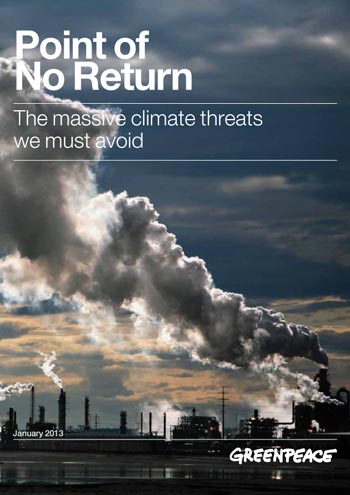
The world is quickly reaching a Point of No Return for preventing the worst impacts of climate change. With total disregard for this unfolding global disaster, the fossil fuel industry is planning 14 massive coal, oil and gas projects that would produce as much new carbon dioxide (CO2) emissions in 2020 as the entire US, and delay action on climate change for more than a decade. Click to read this important Greenpeace's in-depth report.
Impact of Climate Change
No one knows how much warming is "safe". What we do know is that climate change is already harming people and ecosystems. Its reality can be seen in melting glaciers, disintegrating polar ice, thawing permafrost, dying coral reefs, rising sea levels, changing ecosystems and fatal heat waves.
But all of this is only the beginning. We are already experiencing dangerous climate change…we need to act to avoid catastrophic climate change. While not all regional effects are yet known, here are some likely future effects if we allow current trends to continue:
Relatively likely and early effects of small to moderate warming
- Sea level rise due to melting glaciers and the thermal expansion of the oceans as global temperature increases.
- Massive releases of greenhouse gases from melting permafrost and dying forests.
- A high risk of more extreme weather events such as heat waves, droughts and floods. Already, the global incidence of drought has doubled over the past 30 years.
- Severe impacts on a regional level. For example, in Europe, river flooding will increase over much of the continent, and in coastal areas the risk of flooding, erosion and wetland loss will increase substantially.
- Natural systems, including glaciers, coral reefs, mangroves, arctic ecosystems, alpine ecosystems, boreal forests, tropical forests, prairie wetlands and native grasslands, will be severely threatened.
- An increase in existing risks of species extinction and biodiversity loss.
- The greatest impacts will be on the poorer countries least able to protect themselves from rising sea levels, spread of disease and declines in agricultural production in the developing countries of Africa, Asia and the Pacific.
- At all scales of climate change, developing countries will suffer the most.
Longer term catastrophic effects if warming continues
- Greenland and Antarctic ice sheet melting. Unless checked, warming from emissions may trigger the irreversible meltdown of the Greenland ice sheet in the coming decades, which would add up to seven meters of sea-level rise, over some centuries; there is new evidence that the rate of ice discharge from parts of the Antarctic mean that it is also at risk of meltdown.
- The Atlantic Gulf Stream current slowing, shifting or shutting down, having dramatic effects in Europe, and disrupting the global ocean circulation system;
- Catastrophic releases of methane from the oceans leading to rapid increases in methane in the atmosphere and consequent warming.
Never before has humanity been forced to grapple with such an immense environmental crisis. If we do not take urgent and immediate action to stop global warming, the damage could become irreversible.
